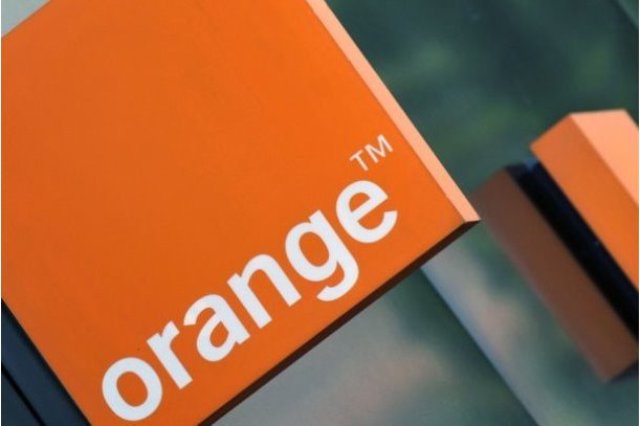Orange CEO Stephane Richard is expected to resign from the the top position after a Paris appeal court convicted him of complicity of misuse of public funds.
 Stephane Richard said in a statement he would appeal the court’s verdict, which handed him a one year suspended prison sentence.
Stephane Richard said in a statement he would appeal the court’s verdict, which handed him a one year suspended prison sentence.
“I place my mandate within the hands of Orange’s board of directors,” said Stephane Richard, who was acquitted in a first trial.
French Finance Minister Bruno Le Maire has repeatedly said that the government position is that bosses of state-owned companies should quit if convicted of a crime. A finance ministry statement noted the verdict and said it was paying close attention to the proper functioning of the company.
Orange is due to hold a board meeting at 1700 GMT, a company spokesman said. It would be difficult for Stephane Richard, who has denied any wrongdoing, to keep his job.
Stephane Richard, who also received a 50,000 euro fine but was cleared of the charge of complicity of fraud, declined to comment when asked by reporters whether he would resign as CEO after the verdict. He hastily left court, accompanied by Orange’s communications head Beatrice Mandine.
The former civil servant had already told French media that he would not seek to remain CEO at the end of his third four-year term in May 2022 but was keen to stay on as the Chairman of the telecom operator.
The case concerned a 400 million-euro ($450 million) French state payout to the late business tycoon Bernard Tapie in 2008.
At the time, Stephane Richard was chief of staff to then French Finance Minister Christine Lagarde, who is now President of the European Central Bank. Lagarde, who had denied wrongdoing, was convicted of negligence over the affair in December 2016.
Judge Sophie Clement said Stephane Richard had committed grave acts by favouring the interests of Bernard Tapie at the expense of those of the state.
Stephane Richard is credited with having improved relations between employees and executives at Orange and bolstering its financial results after the arrival in 2012 of Iliad’s low-cost brand Free, which triggered a protracted war in the mobile business.
Under his leadership, Orange expanded its telecoms activities overseas in Africa and launched a new online banking service. It also heavily invested in its networks, notably in its broadband fibre networks in France and Spain.





